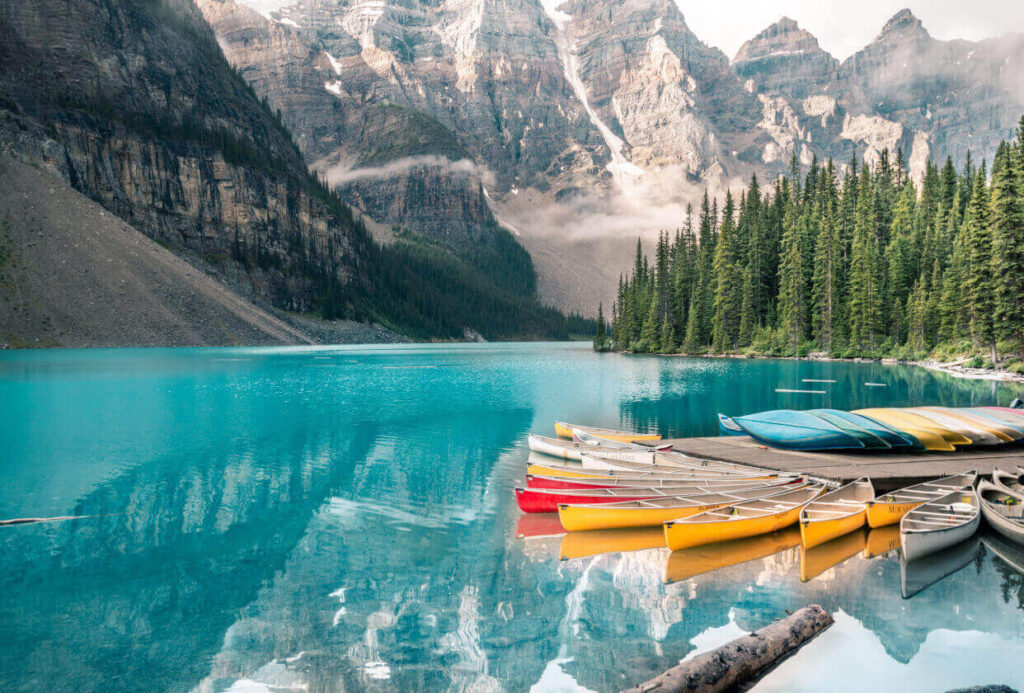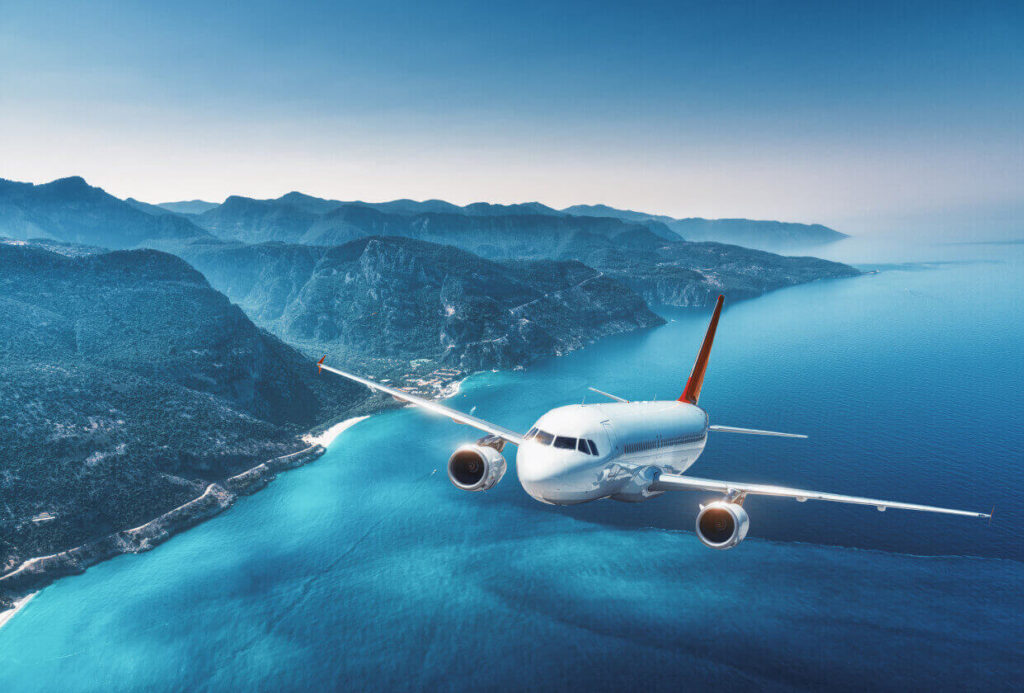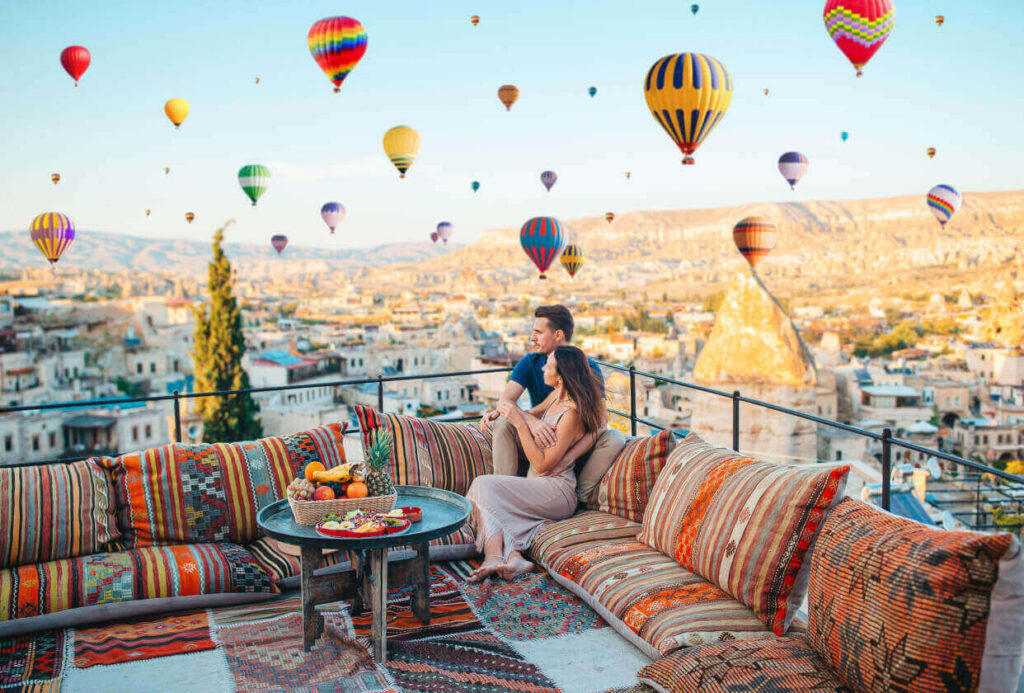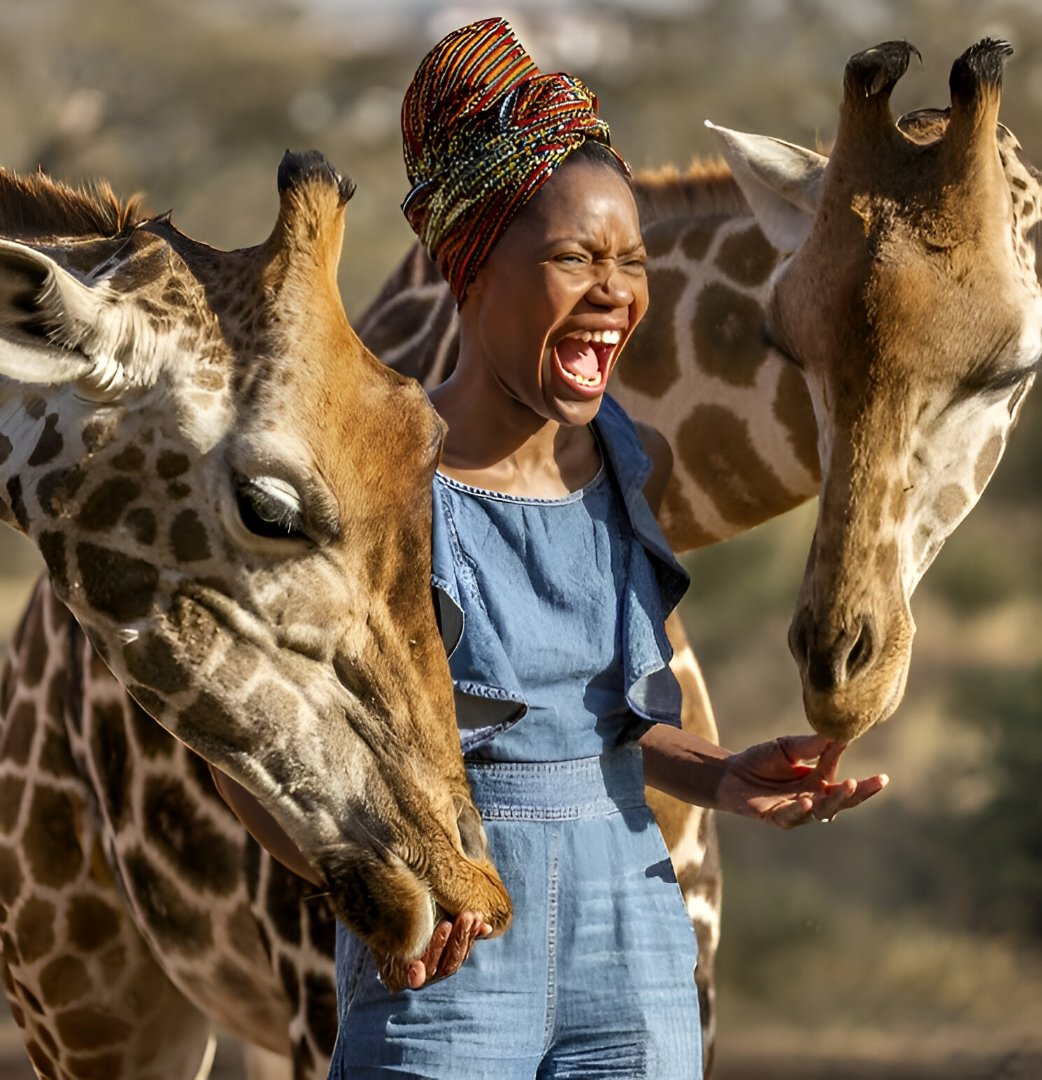About Uganda: The Ultimate Tourist Guide — Everything You Need to Know Before You Visit
Introduction: Welcome to Uganda – The Pearl of Africa
Uganda, often referred to as the “Pearl of Africa,” is a landlocked country situated in East Africa. It is bordered by Kenya to the east, South Sudan to the north, the Democratic Republic of the Congo to the west, Rwanda to the southwest, and Tanzania to the south. Despite its modest size, Uganda boasts an incredible diversity of landscapes, cultures, and wildlife, making it a must-visit destination for travelers seeking adventure, nature, and cultural immersion.
🗺️ Geography & Climate: A Land of Contrasts
Geography
Uganda covers an area of approximately 241,038 square kilometers (93,065 square miles). The country’s topography is varied, featuring:
- Mountains: The Rwenzori Mountains, also known as the “Mountains of the Moon,” are the highest range in Uganda, with peaks reaching over 5,000 meters (16,404 feet) above sea level.
- Lakes: Uganda is home to several large lakes, including Lake Victoria, the world’s second-largest freshwater lake, and Lake Albert, Lake Edward, and Lake George.
- Savannahs: The eastern and northern regions are characterized by vast savannahs, offering prime wildlife viewing opportunities.
- Rainforests: The western part of the country is covered by dense tropical rainforests, such as Bwindi Impenetrable Forest, a UNESCO World Heritage Site.
Climate
Uganda’s equatorial location ensures a generally warm climate throughout the year. However, due to its varied topography, the climate can differ significantly across regions:
- Kampala (Central Region): Average temperatures range from 17°C (63°F) at night to 28°C (82°F) during the day. Rainfall is fairly evenly distributed throughout the year.
- Bwindi Impenetrable Forest (Southwest): Due to its high altitude, temperatures can drop to 10°C (50°F) at night, with daytime highs around 20°C (68°F). Rainfall is heavy, especially during the long rains (March to May) and short rains (October to November).
- Jinja (East): Located near the source of the Nile, Jinja experiences warmer temperatures, with averages ranging from 20°C (68°F) at night to 30°C (86°F) during the day. Rainfall is moderate, with a peak during the long rains.
🛡️ Safety & Security: A Welcoming Destination
Uganda is considered one of the safer countries in East Africa for tourists. The government has made significant strides in enhancing security, particularly in tourist hotspots. However, like any destination, it’s essential to exercise standard precautions:
- Urban Areas: In cities like Kampala and Entebbe, petty crimes such as pickpocketing can occur. It’s advisable to remain vigilant, especially in crowded places.
- Remote Regions: While most national parks and rural areas are safe, it’s recommended to travel with a guide, particularly in regions near borders with countries experiencing instability.
- Health: Uganda is a malaria-endemic country. Travelers should take prophylactic medications and use insect repellent. It’s also advisable to drink bottled or filtered water to avoid waterborne diseases.
Costs & Currency: Budgeting for Your Trip
The official currency of Uganda is the Ugandan Shilling (UGX). As of June 2025, the average exchange rates are:
- 1 USD = 3,600 UGX
- 1 EUR = 3,900 UGX
- 1 GBP = 4,500 UGX
💡 Note: Exchange rates can fluctuate. Always check current rates before making large currency exchanges.
💳 Budgeting Tips (USD Estimates)
Uganda offers excellent value for a wide range of budgets:
- Accommodation:
- Budget: $100–300 per night — clean hostels or guesthouses
- Mid-Range: $300–500 per night — hotels or lodges with modern amenities
- Luxury: $500–600+ per night — upscale eco-lodges, safari resorts, lakeside retreats
- Meals:
- Local eateries/street food: $20–30 per meal (try a Rolex or Ugandan buffet)
- Casual restaurants: $–50 for a full meal
- Fine dining: $50–100 depending on venue and location
- Transportation:
- Local boda-boda (motorcycle taxi): $10–$20 per ride
- Public bus/matatu for intercity trips: $15–25 for medium distances
- Private car hire with driver: $200–300/day (depending on vehicle type and region)
- Attractions & Activities:
- National park entrance fees: $100–200/day for most parks
- Gorilla trekking permit: $1000 (foreign non-residents – 2025 rate)
- Chimpanzee tracking permit: $500–700
- Rafting on the Nile: $300–500for a full-day adventure
📌 Tip: Many tour operators offer full packages that combine accommodation, transport, and activities — often at better rates than booking individually.
🎭 Culture & People: Embracing Diversity
Uganda is a mosaic of over 56 ethnic groups, each with its own unique traditions, languages, and customs. The major ethnic groups include:
- Baganda: The largest ethnic group, primarily found in the central region.
- Banyankole: Predominantly in the western region.
- Basoga: Mainly in the eastern region.
- Bakiga: Found in the southwestern highlands.
- Banyoro: In the western part of the country.
Languages
- English: The official language and widely spoken in urban areas.
- Swahili: Recognized as a national language and commonly used in trade and by security forces.
- Luganda: Widely spoken in the central region, especially in Kampala.
- Local Languages: Each ethnic group has its own language, contributing to Uganda’s rich linguistic diversity.
Traditions
- Music & Dance: Traditional music and dance are integral to Ugandan culture. The Bakisimba dance of the Baganda and the Amakondere dance of the Banyankole are popular cultural expressions.
- Cuisine: Ugandan cuisine is diverse, with staples like matoke (steamed bananas), posho (maize porridge), and sukuma (collard greens). Meat dishes, especially goat and chicken, are common, often served with peanut sauce.
- Social Structure: Ugandan society is community-oriented, with strong family ties and respect for elders being paramount.
🌐 Transportation: Getting Around Uganda
Public Transport
- Matatus: Shared minibuses are the most common form of public transport, especially for intercity travel. They are affordable but can be crowded.
- Boda-Bodas: Motorcycle taxis are ubiquitous in urban areas, offering quick and inexpensive rides. Always negotiate fares before starting the journey.
- Buses: For longer distances, several bus companies operate routes between major cities and towns.
Private Transport
- Car Hire: Renting a car provides flexibility, especially for exploring national parks. It’s advisable to hire a 4×4 vehicle due to some rough terrains.
- Domestic Flights: For distant destinations like Kidepo Valley National Park, domestic flights are available from Entebbe International Airport.
🍽️ Cuisine: A Taste of Uganda
Ugandan cuisine is a delightful blend of indigenous ingredients and culinary influences from neighboring regions. Must-try dishes include:
- Rolex: A popular street food consisting of a chapati filled with eggs and vegetables.
- Luwombo: A traditional dish where meat or fish is steamed in banana leaves with vegetables and spices.
- Malewa: Smoked bamboo shoots, a delicacy among the Banyankole people.
- Nile Perch: Freshwater fish from Lake Victoria, often grilled or fried.
- Matoke: Steamed green bananas, typically served with meat or beans.
🏨 Accommodation: Where to Stay
Uganda offers a range of accommodation options to suit different preferences:
- Budget: Hostels and guesthouses in cities like Kampala and Entebbe offer basic amenities at affordable rates.
- Mid-Range: Lodges and hotels in tourist areas provide comfortable accommodations with added amenities.
- Luxury: High-end resorts and eco-lodges, especially near national parks, offer premium services and experiences.
🎒 Adventure & Activities: Thrills Await
Uganda is a haven for adventure enthusiasts:
- Gorilla Trekking: Bwindi Impenetrable Forest and Mgahinga Gorilla National Park are renowned for gorilla trekking experiences.
- Safari: Queen Elizabeth, Murchison Falls, and Kidepo Valley National Parks offer diverse wildlife viewing opportunities.
- White-Water Rafting: The Nile River in Jinja is famous for thrilling white-water rafting adventures.
- Hiking: The Rwenzori Mountains provide challenging treks with breathtaking views.
- Cultural Tours: Visit traditional villages to experience Ugandan customs, crafts, and music.
🧳 What to Pack
When preparing for your trip to Uganda, consider packing:
- Lightweight Clothing: For warm days, especially in lowland areas.
- Warm Layers: For cooler evenings and highland regions.
- Rain Gear: A waterproof jacket or poncho for unexpected showers.
- Hiking Boots: Essential for treks, especially in national parks.
- Insect Repellent: To protect against mosquitoes.
- Camera: To capture the stunning landscapes and wildlife.
📝 Conclusion: Embrace the Pearl of Africa
Uganda is a destination that offers a rich tapestry of experiences, from its diverse landscapes and abundant wildlife to its vibrant cultures and warm-hearted people. Whether you’re an adventure seeker, a nature lover, or someone looking to immerse yourself in a new culture, Uganda has something special for you. Pack your bags and embark on a journey to discover the Pearl of Africa.
Weather & Best Travel Times
Travel planning hinges on Uganda’s distinct climate:
- Dry seasons: December–February and June–September, average rainfall <50 mm/month
- Rainy seasons: March–May and October–November, with monthly rainfall exceeding 150 mm in many regions
Temperature and conditions vary:
| Location | Elevation (m) | Avg. High (°C) | Avg. Low (°C) | Rainfall (mm/year) |
|---|---|---|---|---|
| Kampala | 1,200 | 28 | 17 | 1,200 |
| Bwindi Forest | 1,200–2,500 | 23 | 14 | 2,000+ |
| Jinja | 1,130 | 28 | 18 | 1,000 |
| Rwenzori Range | 2,500–5,109 | 17 | 10 | 2,500+ |
Dry seasons are ideal for gorilla trekking, safaris, and hiking. The lush green landscape during rains is spectacular but can make travel on unpaved roads tricky.
Conclusion
Uganda is a multifaceted destination offering natural wonders, cultural richness, and adventure, all wrapped in the warmth of its people. Its combination of affordability, biodiversity, safety, and hospitality makes it a compelling choice for travelers worldwide.
With this guide, you’re fully equipped to navigate Uganda’s wonders confidently. Ready to make memories? Uganda awaits.
Frequently Asked Questions (FAQs)
Q: What vaccinations do I need before visiting Uganda?
A: Yellow fever vaccination is mandatory. Others recommended include Hepatitis A & B, Typhoid, and routine immunizations. Malaria prophylaxis is strongly advised.
Q: How safe is Uganda for solo travelers?
A: Generally safe, especially in tourist areas. Exercise usual travel precautions and consider local guides for remote excursions.
Q: Is English widely spoken in Uganda?
A: Yes, English is an official language and widely used in business and tourism.
Q: What currency should I carry?
A: Ugandan Shillings are official, but US dollars are widely accepted in tourism.
Q: Are credit cards accepted?
A: Accepted in major hotels and lodges; however, cash is preferred in local markets and rural areas.



Eager to explore Uganda’s breathtaking landscapes, rich culture, and thrilling adventures? Reach out today for expert advice, personalized itineraries, and exclusive travel packages designed to make your trip unforgettable!






